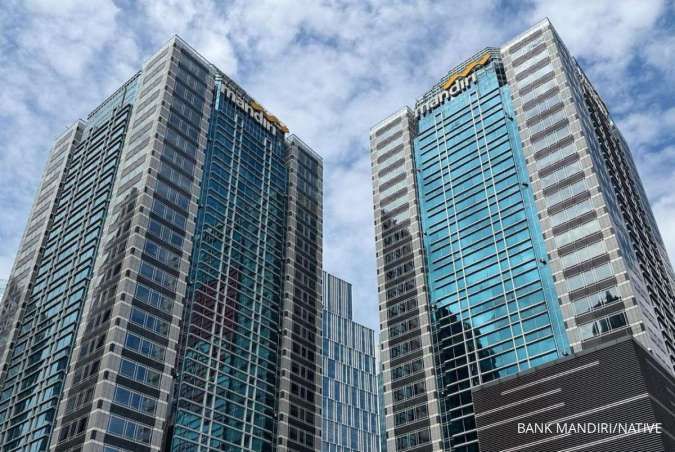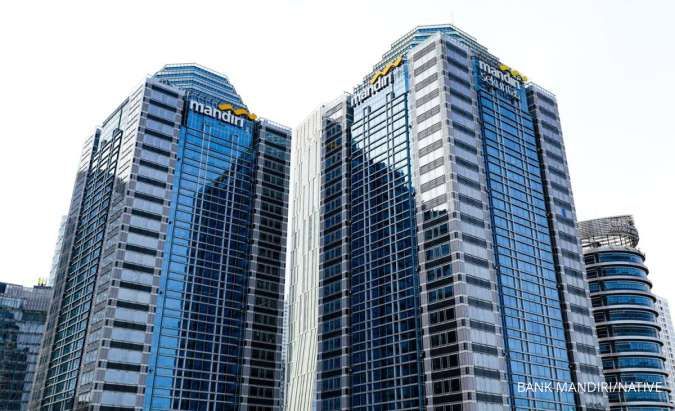KONTAN.CO.ID - JAKARTA. Indonesian authorities were on Monday bracing for mass protests after an unpopular hike in fuel prices, a move the government said could see inflation increase to 6.8% this year, though with limited impact on economic growth. President Joko Widodo bit the bullet and raised subsidised fuel prices by about 30% on Saturday to rein in a ballooning energy subsidy budget, ending weeks of deliberation about the impact on the public and spectre of mass protests. Police beefed up their presence in the capital Jakarta and deployed officers to hundreds of petrol stations ahead of a planned demonstration on Tuesday by workers' groups.
Small rallies took place over the weekend and again on Monday, with tyres burned and some roads blocked as students and workers vented anger over a jump in fuel prices amid rising food costs, with the public still reeling from the impacts of COVID-19. "We'll continue to speak out about this problem until the government lowers the fuel price," said protester Ranto Mombulan a member of the Islamic Student Association.
Baca Juga: Oil Prices Jump More Than 3% as OPEC+ Agrees Small Oil Output Cut "The government is issuing policies without taking into account the wellbeing of the people who are still recovering from the pandemic." National police chief Listyo Sigit Prabowo on Monday told regional authorities to step up their engagement with the public to explain why the fuel hike was necessary and keep tempers from flaring. Indonesia's high energy subsidy budget had kept a lid on its inflation rate even when global policymakers were hiking rates at a furious pace. The fuel hike would cut subsidy spending by about 48 trillion rupiah ($3.22 billion) this year to 650 trillion rupiah, Deputy Finance Minister Suahasil Nazara said, but it would also set inflation on an accelerating trajectory. Finance Ministry official Febrio Kacaribu on Monday said economic growth this year could still reach 5.2%, from 3.69% in 2021, and authorities would offset the fuel price increase by ensuring adequate food supply to control inflation, keeping the rate in a range of 6.6% to 6.8%. Suahasil said the price hike would push up inflation, but the monthly rate should normalise in November. "Usually, inflation rises quickly in one or two months and by the third month, it begins to normalise," he said. 'WHY CREATE THIS CHAOS?' The rising prices could anger some Indonesians whose lives were just returning to normal after taking an economic hit from the pandemic. "Why, why the fuel price going up again, why?" said Ismail, a motorcyclist with a ride-hailing app in the capital Jakarta, who like many Indonesians goes by only one name.
Baca Juga: Indonesia Hikes Fuel Prices to Rein in Ballooning Subsidies "Now it has only been three months since we started to live our life again, the price of fuel has increased. Why create this chaos? Everything is messed up." Economists on Monday said Bank Indonesia (BI) will step up the pace of interest rate increases after the fuel price hike, having raised borrowing costs by 25 basis points last month.
The August annual inflation rate was 4.69%, already above the central bank's target range of 2%-4% for a third straight month, due to high food prices. "Given the fact that price pressures had been building for some time this year even before the fuel effect, the degree of broadening in the price effects will be the key thing to watch now," said OCBC Bank economist Wellian Wiranto, predicting inflation will top 7% in the coming months. Jokowi, as the president is widely known, said on Saturday the price hike was his "last option", due to pressure building up on the fiscal front. ($1 = 14,920.0000 rupiah)

